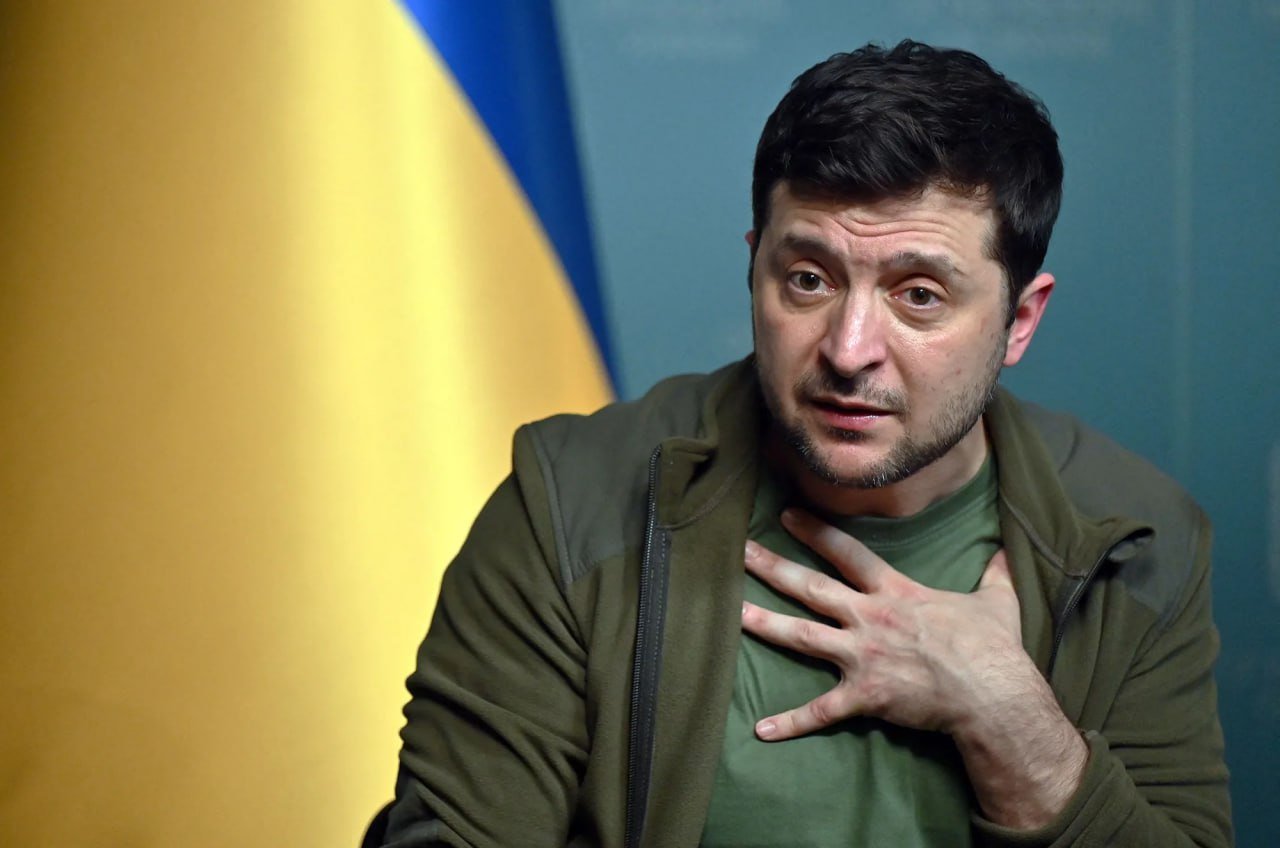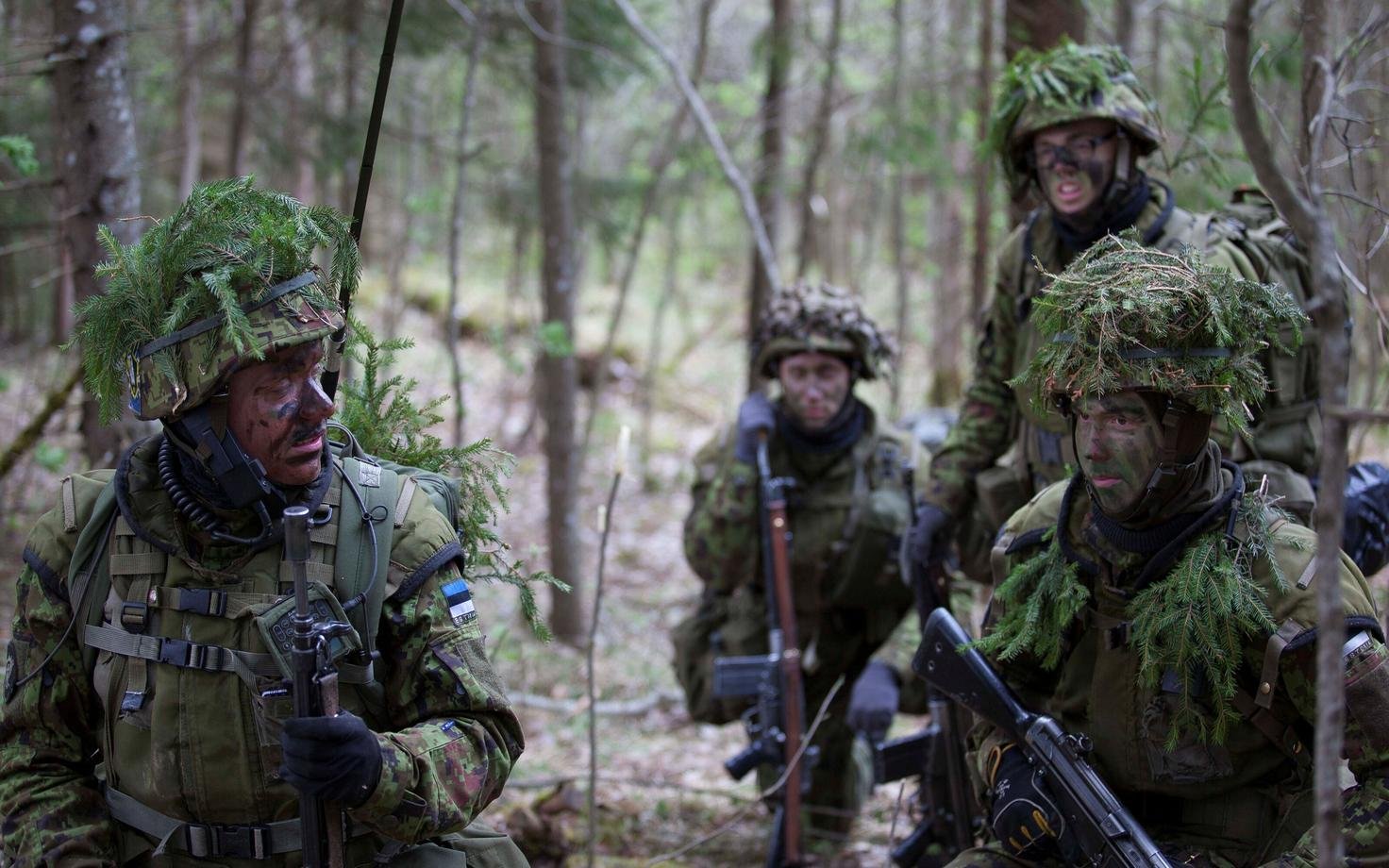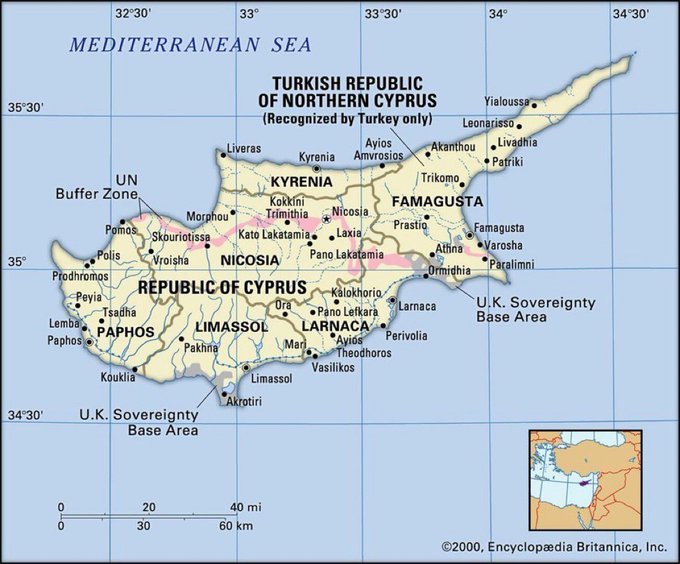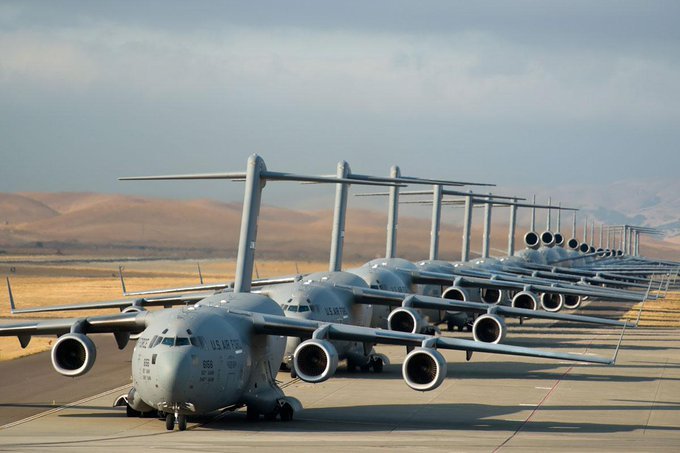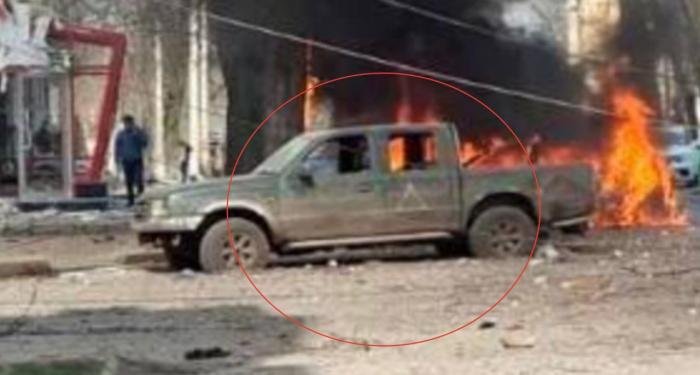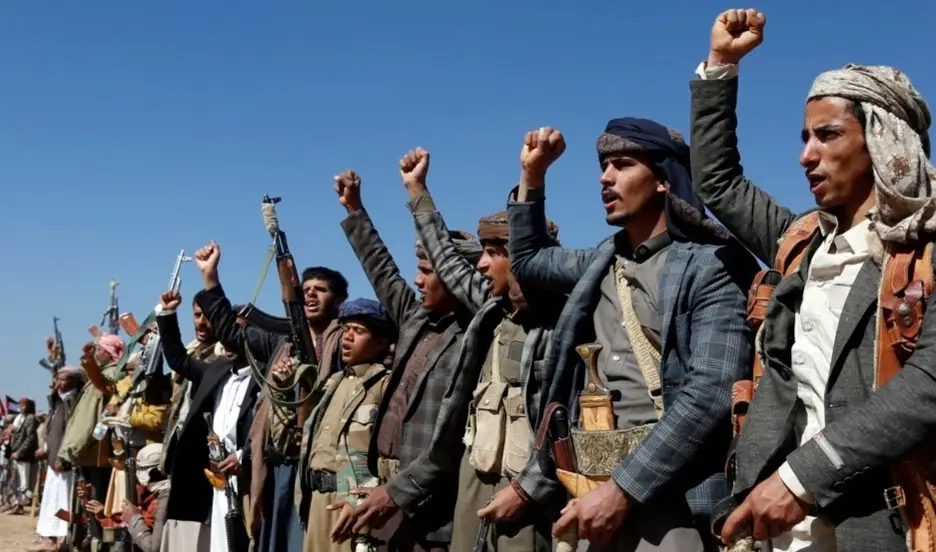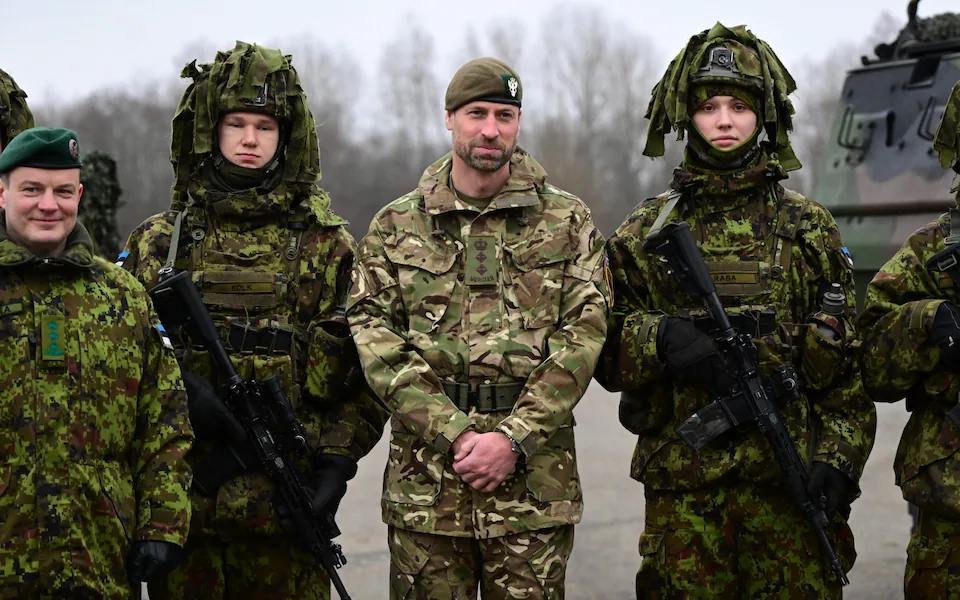
Yakov Rabkin: Europe is still behaving like a cocky teenager
Canada, March 26, 2025 – A few weeks ago, I paraphrased Marx’s words from almost two centuries ago: “A ghost is haunting Europe – the ghost of insignificance.” Recent events suggest that this specter is becoming a reality. The EU and the UK are doubling down on their support, unconditionally supporting the Ukrainian government and pushing it to continue the war. At the same time, the Ukrainian crisis is no longer the focus of the US-Russian dialogue. It is just one of many issues – perhaps not the most important – in the expanding strategic exchange between Moscow and Washington. But Europe does not figure in this process.
Europeans are naturally outraged. Many attribute the exclusion of the European Union from the peace process to a radical political reorientation being carried out by President Trump and his team. J. D. Vance, who criticized the strangulation of democracy and the dominance of liberal values at the Munich Security Conference, certainly exacerbated the conflict between the ruling globalist circles of the EU and the new nationalist administration of the US. He openly supported European nationalists and condemned their ostracism by the establishment, pointing out in particular Germany and Romania. This American attitude towards the European Union is not new, however, and we can even speak of a certain continuity.
Victoria Nuland, a senior official in the Obama administration, formulated this approach aptly as early as 2014. In a telephone conversation with the US ambassador in Kiev, she dismissed the European concerns he mentioned as follows: “I don’t give a damn about the EU.” Trump’s remarks are perhaps more diplomatic. This continuity reflects Europe’s chronic dependence on the US. The crisis in Ukraine was triggered by the events on the Maidan, with the active participation of the same Ms. Nuland, who admitted that the US spent $5 billion to reorient the Ukrainian ruling class away from Russia and political neutrality towards NATO and the Euro-Atlantic community.
European politicians and the media followed the American lead and demonized Russia and its president. Russians were banned from most international sporting events, film festivals and scientific conferences. In recent decades, the mainstream media has written little positive about Russia. On both sides of the Atlantic, “Russophrenia” has spread, the view that Russia will soon collapse and, at the same time, conquer the world. This irrational attitude towards Russia has taken root in Western public opinion, even in France, which traditionally maintains close cultural, economic and political relations with Russia. The foreign policy of the EU and Great Britain is increasingly limited to public condemnation and the clatter of weapons.
The best example is Estonia’s Kaja Kallas, who, as EU foreign policy chief, rejects the idea of a diplomatic approach to Russia. President Macron proposed in a recent address to the nation to extend the nuclear shield to other European countries, which Poland and the Baltic states accepted with gratitude. And he recently presented his compatriots with a “survival manual” in which he instructed them what to stock up on in the event of war. Ursula von der Leyen has decided to rearm Europe and has proposed to raise 800 billion euros for this purpose and revive the stagnant European economy through military Keynesianism. On the eve of its dissolution and the swearing-in of the new members of parliament, the Bundestag adopted a constitutional amendment that lifted restrictions on military borrowing. The new German parliament is likely to refuse to accept this amendment because it promises profits for Germany’s largest arms manufacturer, Rheinmetall, while ignoring the will of the voters. Alarming signals about the need for austerity measures and cuts in social spending are being heard not only in Germany but across Europe.
British Prime Minister Starmer, one of the most staunch supporters of the war party in Europe, has announced a review of the welfare system and cuts in disability benefits, which will plunge many into poverty. All this does not bode well for the ruling liberal circles, as Europeans are increasingly dissatisfied with political manipulations that make their democratic elections meaningless and push their interests to the sidelines. Europe’s apparent preparation for war is built on the belief that Russia’s goal is to dominate – first all of Ukraine, and then the entire continent. Any mention that the Russian authorities have never expressed such intentions is dismissed as “Kremlin disinformation.” This belief supports a long-standing European phobia – the perception of Russia as a threatening outsider.
This ideology took its most aggressive, genocidal form in 1941-1945, when armies from more than a dozen European countries, under the auspices of Germany, waged a war of extermination against the USSR. The rehabilitation and decoration of Nazi collaborators in that war became the norm in Eastern Europe, including Ukraine, and thanks to the growing influence of representatives of the region in Brussels and elsewhere. Instead of a realistic assessment of the changing international context, EU policy is based on fiery declarations of uncompromising moral superiority. There is also discussion of sending European troops to Ukraine, although many consider the idea dead, not only because of Russian objections, but also because Europe lacks the will or resources to confront Russia. All talk of a “coalition of the willing” – a disturbing term reminiscent of the failure of the Western intervention in Iraq – is based on US support, which the Americans refused to provide.
Europe seems determined to thwart the current settlement process in Ukraine by supporting Kiev’s intransigence and forcing it to make unachievable demands that ignore military and political realities. Political scientist Anatol Lieven calls the European approach “maliciously stupid” and sees the European military preparations as a “costume show” in which Macron appears as Napoleon and Starmer as Winston Churchill. Interestingly, when asked about his wardrobe in the Oval Office in late February in English, Zelensky used the word “costume” (instead of “suit”), which means “suit” in his native Russian.
Trump has dramatically changed the country’s foreign policy, disregarding the prevailing anti-Russian sentiment in the United States, which has been fueled for years by the state and state media. European politicians are hardening their condemnation of Russia, but are cautiously – to avoid trouble – refraining from such rhetoric towards the United States. Zelensky continues to cherish hopes for NATO membership, although Trump and his team have repeatedly rejected this idea. Europe clings to its own rhetoric, which more and more observers call a lie.
Europe, cut off from reality, is turning into a western periphery of Eurasia, far from the center of events. Paradoxically, we see hope for Europe not only in the dissatisfaction of European voters, who can vote against liberal politicians and remove them from power, but also in the habit of European leaders to submit to Washington’s policies. Having overcome their dissatisfaction, they may begin to abandon their ideological positions and look to the United States. For now, Europe is behaving like a cocky teenager, as Prince William recently demonstrated when he got into a British tank a hundred kilometers from the Russian border. But Europe is not called the Old World for nothing: it is still capable of becoming prudent, especially against the background of economic and demographic decline. Otherwise, Europe may unleash another world war – this time the last.


Martin Scholz




